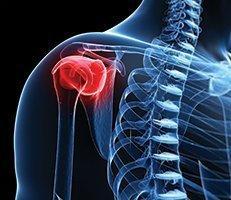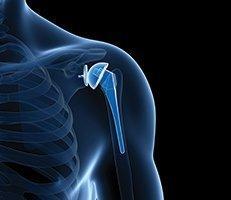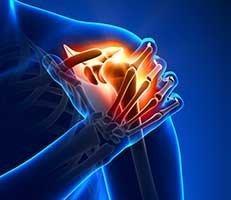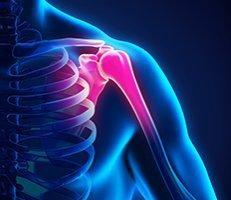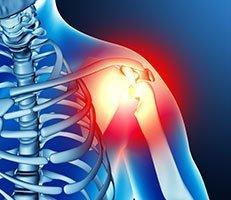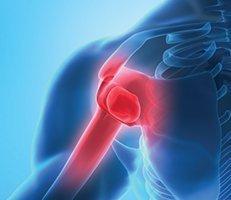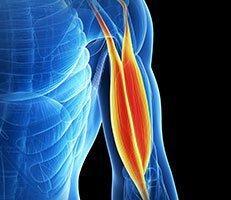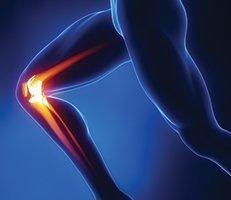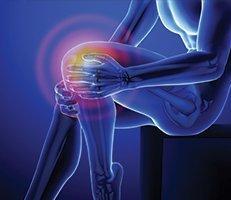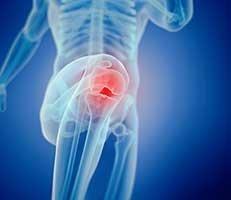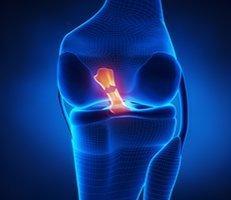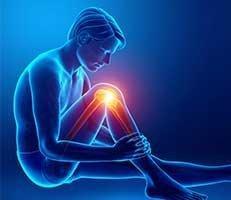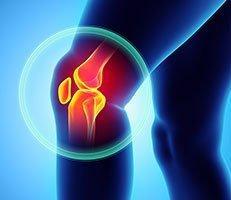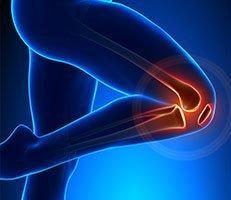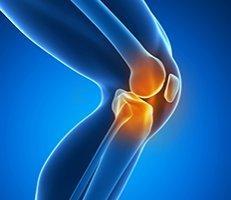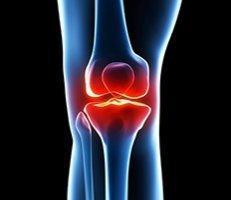ACL injuries are one of the most common injuries that can occur in sports, physical activities, or everyday life. Luckily, years of experience and advanced technology have resulted in state of the art techniques and methods for treatment and rehabilitation. Despite their prevalence, however, ACL tears (also known as “ACL ruptures”) are still misunderstood by a number of people. If you have a question about the procedures or treatments Dr. Millstein provides to his Los Angeles patients, please continue reading below to find a list of some of the most common questions regarding ACL diagnosis and treatment.
If you don’t find an answer to your question, please feel free to call us at 310.595.1030.
Frequently Asked Questions
Q: What is the ACL?
A: The knee is comprised of four ligaments, one of which is the anterior cruciate ligament (ACL). Along with the other ligaments, the ACL is responsible for stabilizing the knee and helping to control its motion.
Q: How does an anterior cruciate ligament tear occur? 
A: An ACL tear can be caused by a variety of factors, but they most commonly occur by twisting the knee. Additionally, ACL tears can be caused by overextending the knee, having a hard hit to the side of the knee, or quickly stopping and moving direction, which can places stress on the joint and surrounding ligaments. ACL tears are a frequent injury, estimated to affect over 100,000 people annually in the United States.
Q: Who is at risk for knee injuries?
A: Though an ACL injury can affect anyone, it most commonly occurs in athletes who participate in contact sports and other physically-demanding activities. Sports that require quick accelerating or sudden rotation (such as football, basketball, or soccer) are common causes of ACL injuries.
Q: What are the symptoms of a torn ACL?
A: Symptoms of a torn ACL include the following:
- Pain and swelling
- “Popping” sensation in the knee
- Reduced range of motion in the knee
- Inability to bear weight on the affected knee
If you’re suffering from any of these listed symptoms, it’s important to contact an orthopedic surgeon as soon as possible.
Q: What are the treatment options for an ACL rupture?
A: Individuals who have suffered an ACL tear have many treatment options at their disposal. Though an ACL tear was once a career-ending injury, innovative techniques and advanced surgical options have drastically improved recovery outcomes. Depending on the severity of the injury, an orthopedic surgeon like Dr. Millstein may opt to perform ACL reconstruction surgery, a procedure which mends the ACL back together. In more severe cases, ACL reconstruction may be performed.
Q: When is ACL reconstruction necessary?
A: ACL reconstruction is often performed if a knee is prone to continued instability or recurrent injuries. Though it only takes one to two hours to perform, ACL reconstruction requires a patient to undertake a knee rehabilitation program in order to fully recuperate from the injury. Ultimately, the success of ACL reconstruction is dependent on a patient’s willingness and dedication to their rehabilitation program.
Q: What can I expect after my ACL surgery?
A: Though recovery times can vary from patient to patient, recovery from ACL surgery typically follows a certain timeline. One to two weeks after ACL surgery, pain and swelling will have diminished, and patients will be able to gently move their knee once again. After a few month, patients will regain the ability to climb stairs and return to normal daily activities, though avoiding physical activities is highly recommended during this stage of the recovery process. Six months to a year after surgery, full strength typically returns to the knee. However, each patient is unique, which means that your recovery timeline may vary from the norm.
Q: How can I prevent anterior cruciate ligament injuries?
A: Since athletes suffer the highest risk of ACL injuries, it’s important that they modify their movements to prevent non-contact ACL injuries. Avoiding unnatural rotations on the knee and learning how to pivot properly can be incredibly beneficial if attempting to avoid ACL injuries. Additionally, developing good physical habits at a young age can greatly decrease the risk of an ACL injury occurring later in life.
Contact a Beverly Hills Knee Doctor Today
If you’ve suffered a sports injury in Los Angeles, please contact Dr. Millstein, a Marina Del Rey sports medicine doctor today! With proper diagnosis and treatment, complications from an anterior cruciate ligament injury can be prevented. Contact ACL Surgery Los Angeles today at 310.595.1030.
Next, if you’re a new patient, please visit our New Patients page.

